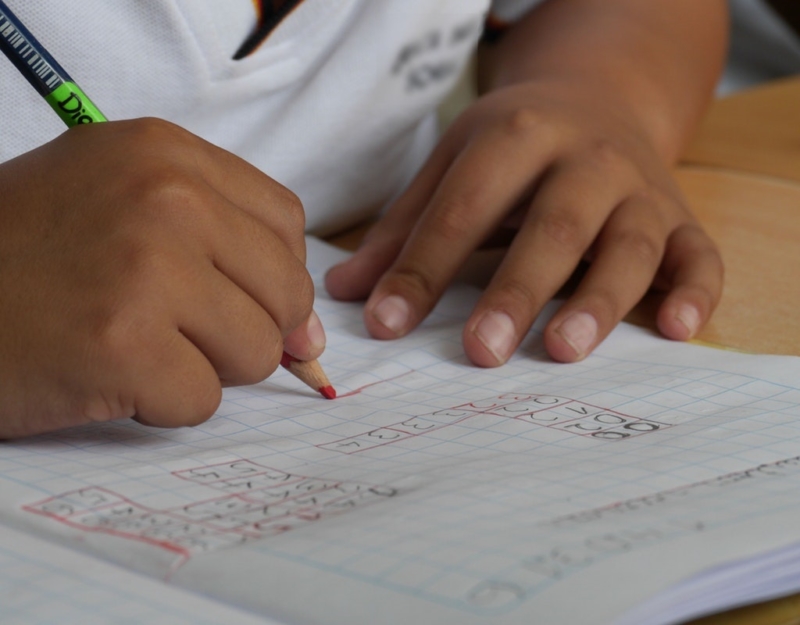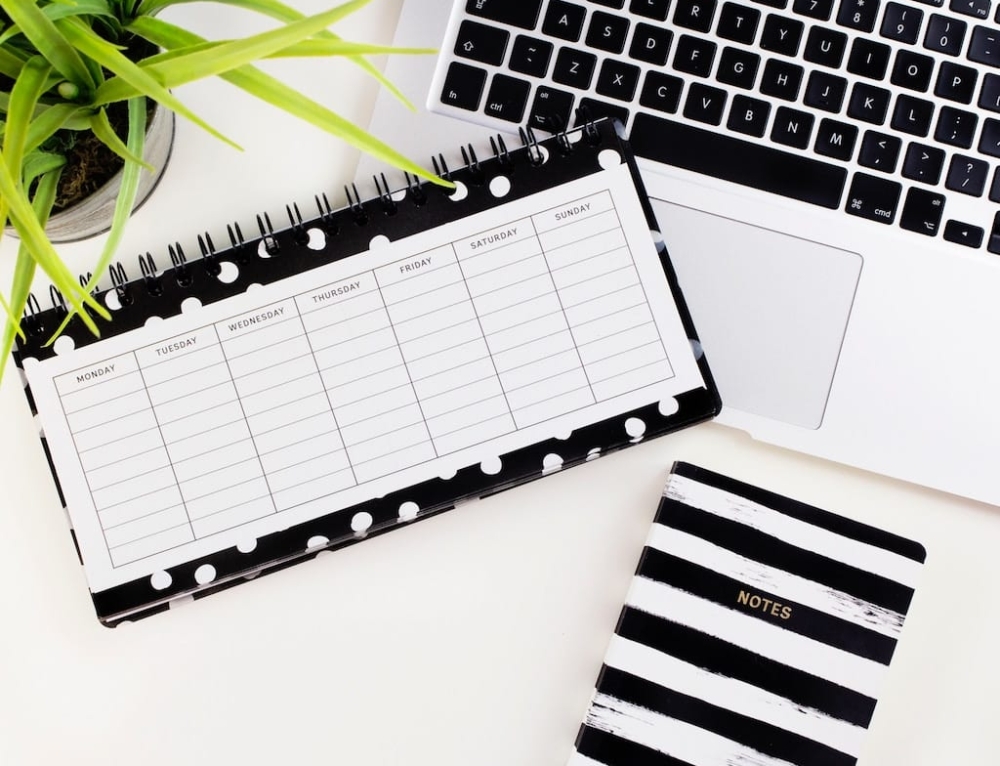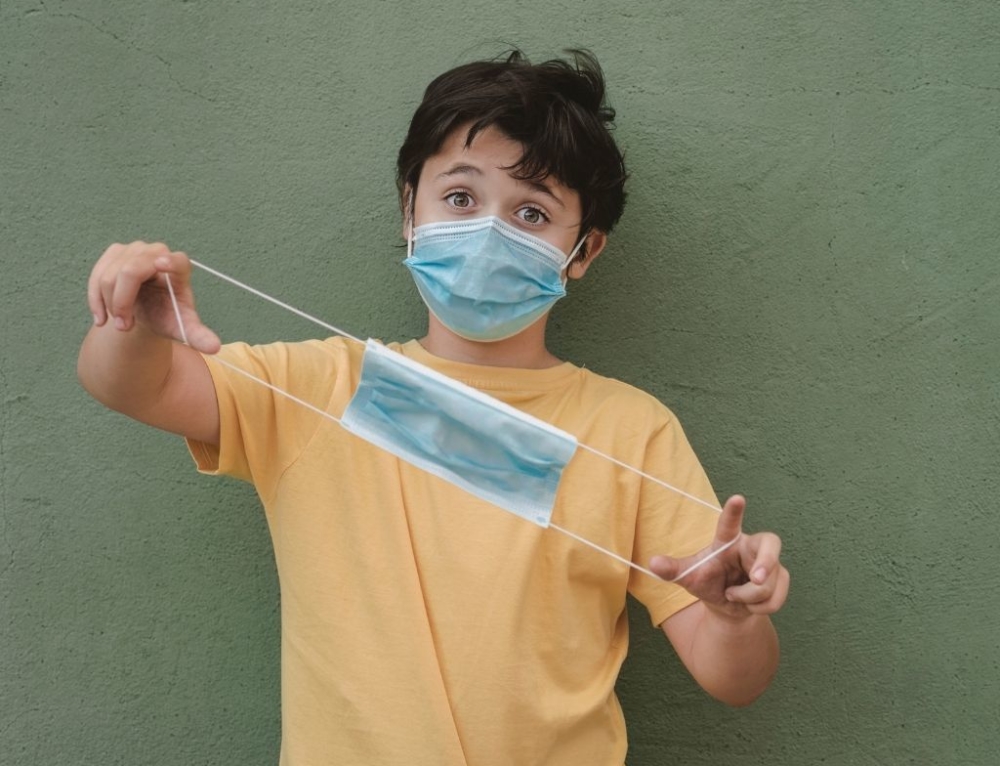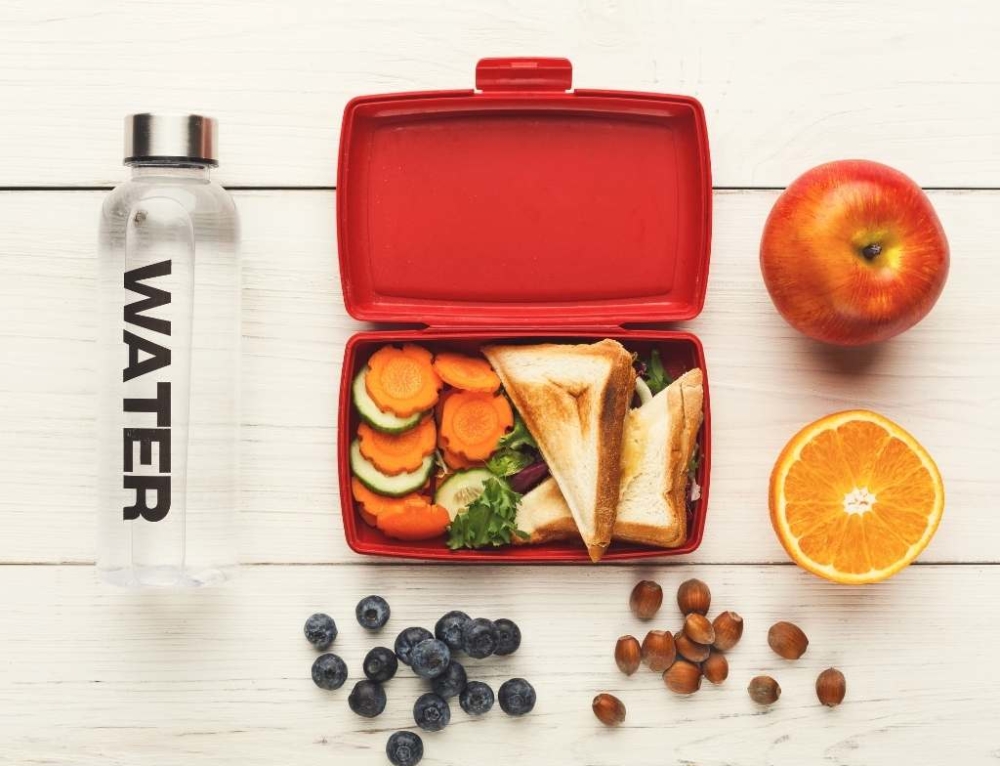Homework – do you love it or hate it? Parents, educators and early childhood experts seem to fall into two very distinct camps on the topic of homework. However you feel, homework is bound to be a part of your child’s school life.
Some schools set fun tasks like “helping cook dinner” or “make a paper plane” while others send home readers, spelling and “homework grids” for littlies to spend time on each night.
In the last 20 years or so, setting homework for primary school students has become a wider practice – but whether young children should have to do homework is regularly and widely debated.
According to NSW Federation of Parents & Teachers Associations’ publicity officer Sharryn Brownlee many parents demand that homework be set for their children.
“Many parents support homework and are keen for the children to extend and consolidate their school learning at home,” she says. “But there are many more who due to work and other commitments find it hard for the child to have the time to do homework.”
“But we would not support a punitive or onerous approach to homework. If it supports the children’s learning and does not interfere with family time, then there can be a place for homework.”
Is homework beneficial?
According to several studies, there is no evidence that homework benefits achievement during the early school years. US educator Alfie Kohn, author of The Homework Myth: Why are Kids Get Too Much of a Bad Thing, likens homework to cod liver oil, asking why teachers and parents continue to administer it in the absence of any proven benefits.
Kathy Walker, Melbourne education consultant and early childhood expert opposes homework in the early school years unless it is reading at home.
“Homework for homework’s sake is not necessary,” she says.
She says the best types of homework for young children and their parents in their first years of school include:
- Some time to relax and play and be creative at home and outside each day
- To be read to by a parent each day for fun and relaxation and to enjoy some parent-child time
- To read a book from school each day or second day
- To eat together as a family as often as possible without the TV on, so children are practicing speaking, listening and sharing together.
- To provide lots of things at home to write, draw, create and construct with.
She encourages parents to limit time spent after school watching television and playing electronic games.
“The best homework of all in those early years of school is having family time, playing together, talking together, enjoying books and not being too overscheduled after school each day,” she says.
Most schools tend to favour some form of homework. The amount and frequency varies from school to school and by age. Some schools tend to assign much more than others, but this doesn’t always guarantee higher achievement, especially in primary school. Beyond a certain point, homework not only can become overwhelming, but it squeezes out other valuable activities, such as play, sports, music lessons, hobbies and relaxation. More is not always better.
Parents and homework
When it comes to homework there are three camps: those who are passionate about it, those who don’t see any point to it and those who simply go along with whatever system operates at a particular time.
Some parents feel alot of pressure to help their kids do their homework perfectly. But here’s the hard part for parents: part of our job is to allow children to fail from time to time. This may seem the opposite of what a responsible parent should do, yet children learn from failure as well as from success, and how you approach those failures is what counts.
It’s better to be a coach when it comes to homework, than fall into the trap of being the doer and facilitator. When your child does stumble, rather than rehashing what she did wrong, talk with her about what she can do better next time.
How do you feel about homework?







Leave A Comment
You must be logged in to post a comment.